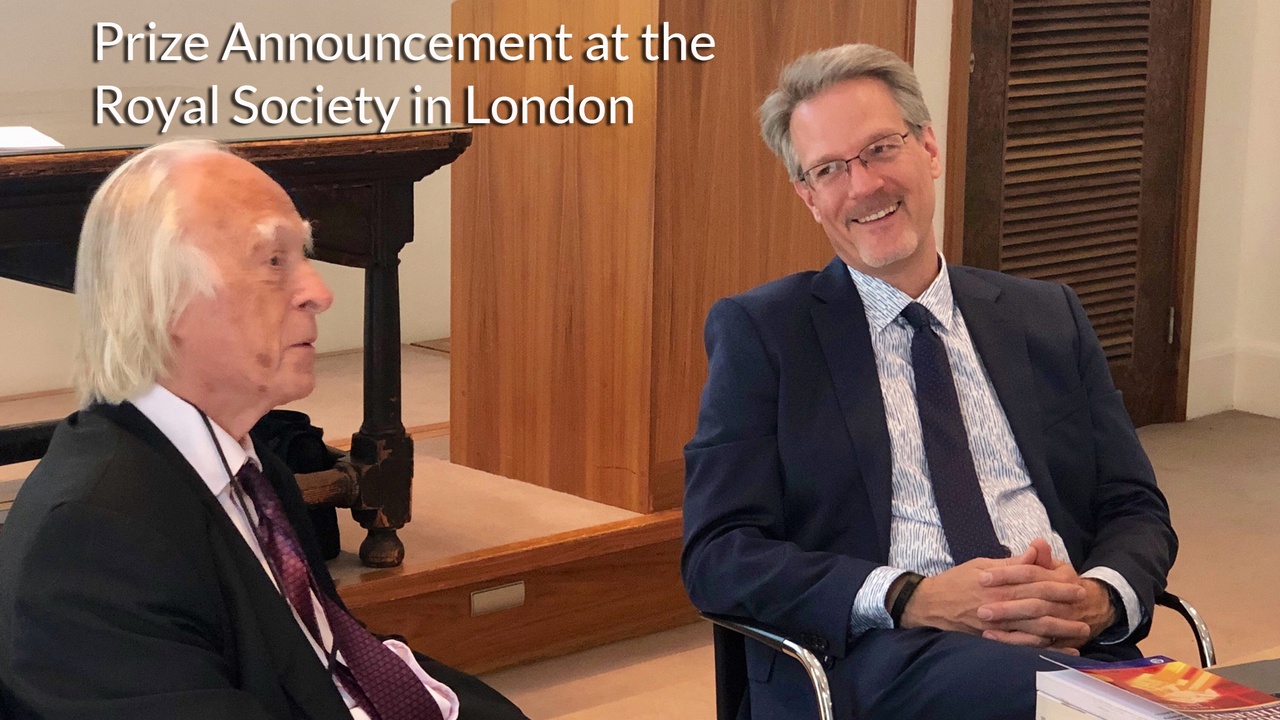popped into existence from non life.
I'm not sure that's
quite the argument made from evolution. It's more about development. It has to do with abiogenesis and molecules forming that become more complex and replicate.
I know researchers base their ideas from evidence. It is not my area of expertise, far from it, so I do not know how they would deliver evidence to the people behind that link you posted.
I am going to make an assumption here, forgive me if I have it wrong, but I'm going to make the assumption, based partly in memory of I think I have seen your posts before, but that maybe you favor literal books of Genesis creationism over evolution or something in your own beliefs, and you look at something like this and say see, those evolutionists are so silly, they are offered $10million dollars but they CANT GET IT because they are SO WRONG or THEY REALLY HAVE NO PROOF of something like that.
(not withstanding that there are theistic evolutionists who believe in God, realize evolution is real, and just recognize that all the cellular chemistry involved is just how God did things)
Why don't creationists collect the prize themselves however? I mean isn't creation ex nihilo more or less that?
Where is their evidence? Why don't they submit it and collect the prize?
Forgive me if I misunderstand your position, I may well have, I apologize in advance if I have.
Just look at the link you provided and follow the other links it leads to for more nuanced information.
I looked at your link. I don't know if their motive is to somehow prove or disprove evolution once and for all or anything like that, maybe it is, but I think they are looking for something more specific they think they can apply to AI And other things.
According to the article, what they are offering the prize for is specifically this:
CHICAGO, Jan. 13, 2020 /PRNewswire/ -- An incentive prize ten times the size of the Nobel – believed to be the largest single award ever in basic science – is being offered to the person or team solving the largest mystery in history: how genetic code inside cells got there, and how cells intentionally self-organize, communicate, then purposely adapt.
That is from the link you offer above. (
Evolution 2.0 Prize: Unprecedented $10 Million Offered To Replicate Cellular Evolution)
In that article it offers another link
Evolution 2.0 a quote from there
The new international competition is intended to speed breakthroughs around the still unknown process of cell communication that organizers predict can turn off cancer, allow robots to think for themselves and even create new plant life to combat climate change.
The Evolution 2.0 Prize is designed by Chicago engineer-turned-marketer-turned-business consultant Perry Marshall and his A-list team of partners. They include top genetic experts from Harvard and Oxford, plus a diverse group of investors from private banking, healthcare and biotechnology, software, real estate, publishing and more.
Their question seems to be pretty technical and something more specific and addressing current problems like medical treatments than a question like "how life popped from nothing"
That article from the last link offers
another link
Where did life and the genetic code come from? Can the answer build superior AI? The #1 mystery in science now has a $10 million prize.

www.herox.com
Now THERE they are at least starting out their intro by framing this more as the broader question of the origins of life... however, read on. The link directly above contains the specific guidelines for submission of the solution to the highly specific question of encoding and communication between cells. If you read through the article at the herox.com link you will see more what question specifically they are asking, what they are looking for in terms of evidence for their prize, and what their requirements are for making a submission.
Ultimately they are framing it as an information question, they actually are transparent about that early on.
But I do not think they are trying in any way to create a situation that bolsters an anti-evolution argument just because someone has not yet claimed their prize. I think, my impression from reading, is that they take for granted that evolution is reality like most scientists do, AND they want to understand more about the mechanics of how things occur on a cellular level so they can imitate and utilize for things like AI. They mention that in their paragraphs.
Here's another link that puts some of their wish list in a nutshell and has links on it. Some of those links are the same I already put in this post
EVOLUTION 2.0 $10 MILLION PRIZE WHAT IT IS: Code is essential for replication and for life. Code is needed for cells to have instructions to build

evo2.org


en.wikipedia.org

en.wikipedia.org


